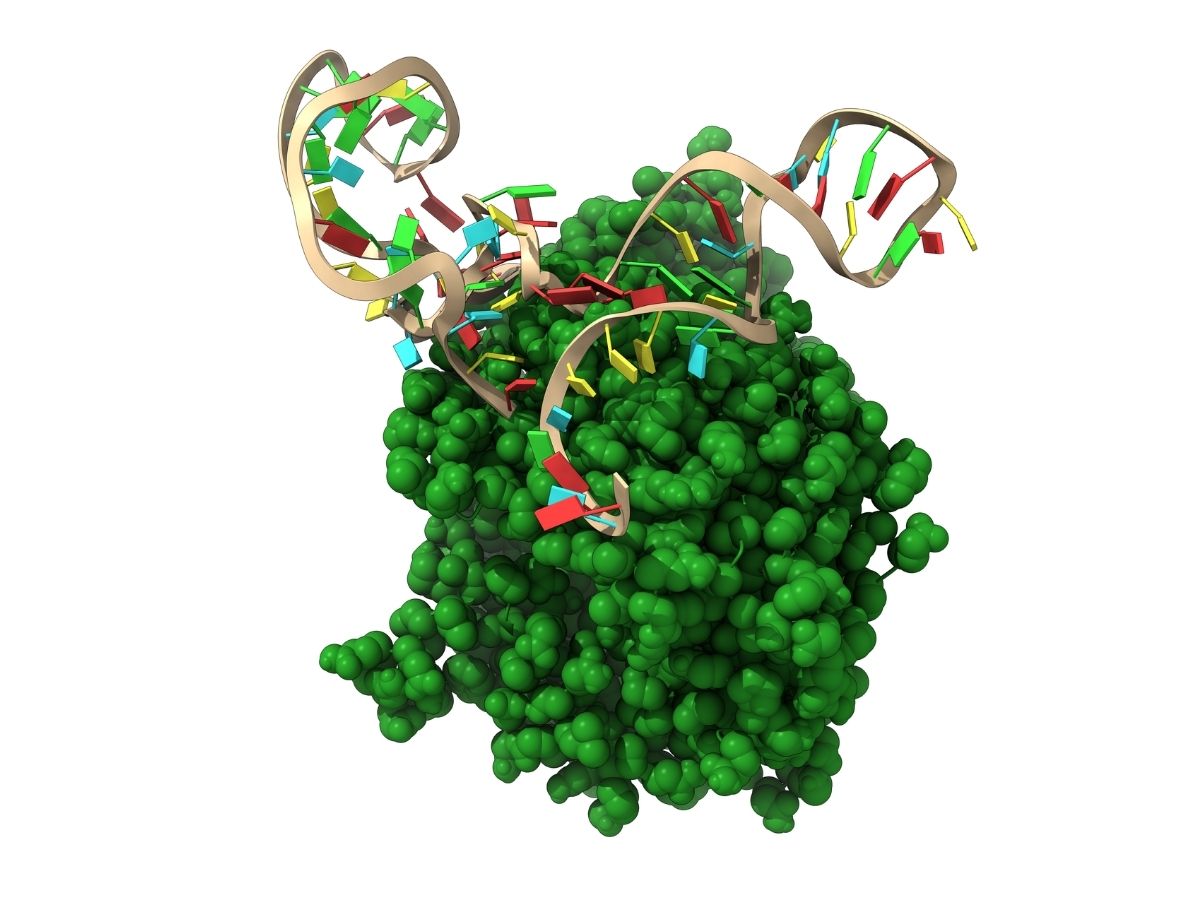Pharmacological Research”, which has already led to the registration of the patent, the first step towards the drug
A new precision strategy to hinder the infection of the coronavirus and its rapid spread between cells will come from Italian scientific research, destined to be the basis of a new drug, for which a patent has already been filed. The road that will lead to the drug has started from the study sponsored by the Italian Institute of Technology, Scuola Superiore Sant’Anna (Sant’Anna School), University of Milan, now published in the journal “Pharmacological Research”, organ of the “International Union of Basic and Clinical Pharmacology”.
Scientists Paolo Ciana (University of Milan, Professor of Pharmacology), Vincenzo Lionetti (Scuola Superiore Sant’Anna, Professor of Anesthesiology), Angelo Reggiani (Italian Institute of Technology, Senior Researcher and Principal Investigator in Pharmacology) have wondered about the possibility of preventing the progressive advancement of infection by any variant of Sars-CoV-2, blocking the ACE2 receptor, the “door” that the coronavirus uses to enter human cells. For this purpose, the scientists have patented a new approach, the first piece of what will become a drug, based on the use of a DNA aptamer, a short oligonucleotide strand, able to bind specifically to residue K353 of ACE2 making it inaccessible to the spike protein of any coronavirus. The three inventors, together with collaborators, have already identified two anti-K353 aptamers, those capable of dose-dependently inhibiting the binding of the viral spike protein to human ACE2 and thus effectively preventing cell infection.
“Thanks to this study, it will now be possible to develop a new precision therapeutic approach to prevent Covid-19 infection in a severe form, without stimulating the immune system or having important side effects related to the most popular drugs consisting of monoclonal antibodies or other therapeutic proteins. In this sense, in fact, the potential toxicities of nucleic acids as drugs are far less than other innovative drugs such as monoclonal antibodies or other therapeutic proteins”.
Paper available at https://www.sciencedirect.com/science/article/pii/S1043661821005661
*Docking simulation for the identified aptamer with human ACE2. The picture represents the most stable configuration of the interaction between human ACE2 (green) with the aptamer able to block the interaction with SARS-CoV-2






